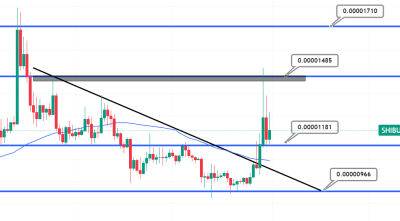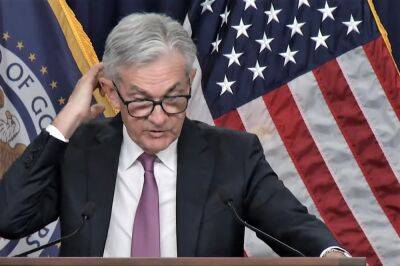Singapore lays down the law for crypto trading and stablecoins
Instead it is proposing stringent new requirements on providers of Digital Payment Token (DPT) services deisgned to discourage casual use of cryptocurrency trading by consumers. These include mandatory testing of customers to guage prior knowledge of crypto risks; a ban on retail users from borrowing or accepting credit card payments to purchase crypto; and the prohibition of crypto-related incentives, such as free tokens, gifts, or celebrity endorsements.Firms will also be mandated to separate customer assets from their own assets, introduce clear risk management controls, and disclose the policies and procedures for selection and listing of tokens.While the proposals are likely to dampen speculative growth in crypto trading, the central bank has taken a more nuanced approach to the use of stablecoins as a medium of exchange.In a bid to lend credibility to tthe emerging asset class, the current regulatory framework, which primarily addresses money laundering and terrorism financing risks, and technology and cyber risks, will be expanded to ensure that regulated stablecoins have a high degree of value stability.Non-bank issuers of stablecoins wil also be required to hold liquid assets which are valued at higher of 50% of annual operating expenses to achieve recovery or an orderly wind-down.
For the regulated banking sector, there will be no additional reserve backing and prudential requirements applied when the SCS is issued as a tokenised form of bank liabilities. Ho Hern Shin, deputy managing director, MAS, comments: "The enhanced regulatory regime for stablecoins aims to support the development of value-adding payment use cases for stablecoins in Singapore.
Read more on finextra.com



















